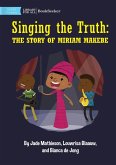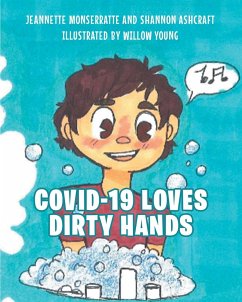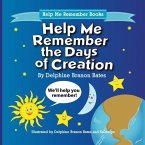While incarcerated at R.J. Donovan State Prison in San Diego, John Barrett Hawkins participated in the youth intervention program named "Convicts Reaching Out To People" (CROP). At CROP prisoners worked to help transform the lives of at-risk youth who were brought into the prison by police officers, parents and local schools. CROP was founded on the belief that the most effective way to deter delinquency is through story-telling. It is a public speaking forum where prisoners give personal testimonies concerning the crimes they committed and the lessons learned. The convicts also speak about other pertinent subjects including choices, gangs, drug use, self-esteem and life in prison. As a member of CROP at Donovan, Hawkins witnessed remarkable turnarounds in teens who were on a path of criminality. Hawkins realized that CROP provided a genuine opportunity for him to make amends for his past criminal activities. It was morally self-evident that he should use the story of the crime he committed and all the people he had hurt as a means of deterring others from breaking the law. Hawkins listened closely and took notes when the other CROP members gave their personal testimonies. The prisoners spoke to the groups of kids with raw honesty about the shameful crimes they committed. They were adept at revealing lessons that could only be learned through painful retrospect. Invariably, something traumatic occurred during each inmate's childhood - bullying, peer rejection, parental abuse, etc. - which resulted in their developing low self-esteem. As the convicts discussed the root causes of their criminality and the terrible things they endured as kids, the teens in attendance became conscious of pain that was fueling their own raw emotions and poor behavior. From this point of recognition real change as possible in those teenagers. At the CROP presentations Hawkins frequently interacted with the juvenile justice police officers and school teachers. They were evangelistic about the program's ability to transform the lives of teens that were making poor choices and getting into trouble with the law. One day Hawkins was speaking with a school administrator named Ms. Williams who remarked, "I wish I had a book with all of the CROP member's stories in it for the students I couldn't bring today." Hawkins took the idea and ran with it. The result is The Dirty Nasty Truth. In this book, Hawkins tells 18 true crime stories that reveal lessons for deterring delinquency
Hinweis: Dieser Artikel kann nur an eine deutsche Lieferadresse ausgeliefert werden.
Hinweis: Dieser Artikel kann nur an eine deutsche Lieferadresse ausgeliefert werden.








